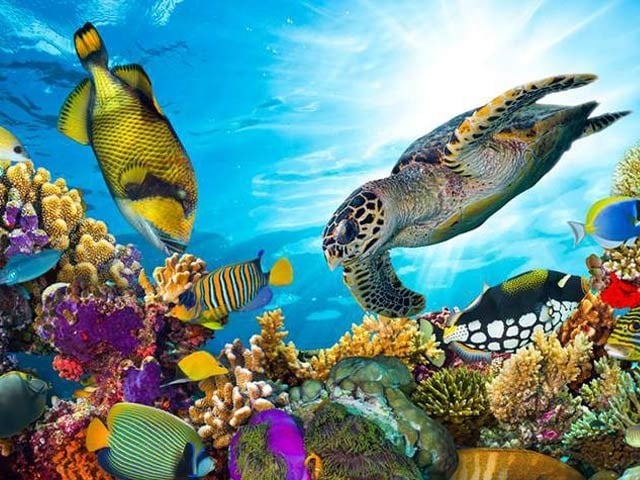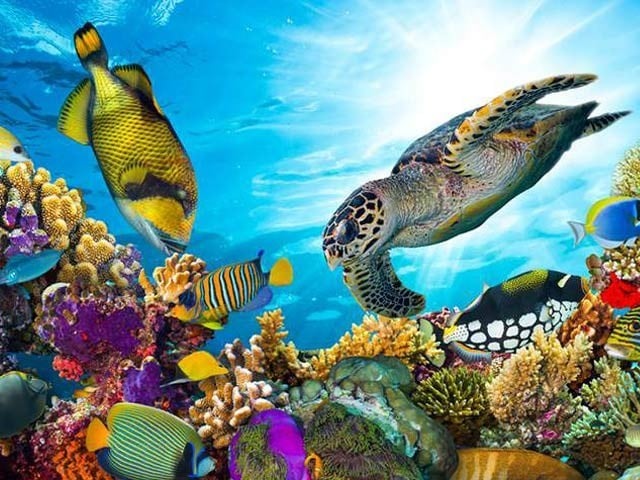
200 scientists of the world have said in a letter that there is a need to stop the assimilation of carbon dioxide in the oceans. Photo: File
New York: Prominent and international scientists, marine biologists and climate experts have said that oceans around the world are facing extraordinary threats, especially the need to stop the assimilation of carbon dioxide in the oceans. Research and technology have also been emphasized in this regard. 200 experts have written this in an open letter.
The letter is also signed by experts and insists that research and efforts on ocean-based carbon dioxide removal (OCDR) be accelerated. This means preventing carbon dioxide from being absorbed into the oceans at all costs.
The letter was issued ahead of the seventy-eighth session of the United Nations General Assembly, which will be held in New York. In this context, we have also seen the terrible phenomena of climate change and this year has witnessed many of the hottest days on record. The clear reason for this is that global warming is increasing due to carbon sequestration.
According to the letter, the carbon dioxide we are releasing into the atmosphere is affecting the Earth’s sensitive systems and the world’s oceans are absorbing 50 times more carbon dioxide than their capacity. Thus the ocean temperature is rising and its acidification is increasing. Thus, an apocalypse has broken on marine life. It is also written in the letter that there is a need to stop every way of emission of carbon dioxide.
The signing scientists have also said that they are making their best efforts in this regard. However, he has also emphasized on new methods, legislation and framework. According to the letter, it is very important to make the oceans safe and sustainable for future generations.
The letter has urged the world leaders to play their role in this regard.
(function(d, s, id){
var js, fjs = d.getElementsByTagName(s)[0];
if (d.getElementById(id)) {return;}
js = d.createElement(s); js.id = id;
js.src = “//connect.facebook.net/en_US/sdk.js#xfbml=1&version=v2.3&appId=770767426360150”;
fjs.parentNode.insertBefore(js, fjs);
}(document, ‘script’, ‘facebook-jssdk’));
(function(d, s, id) {
var js, fjs = d.getElementsByTagName(s)[0];
if (d.getElementById(id)) return;
js = d.createElement(s); js.id = id;
js.src = “//connect.facebook.net/en_GB/sdk.js#xfbml=1&version=v2.7”;
fjs.parentNode.insertBefore(js, fjs);
}(document, ‘script’, ‘facebook-jssdk’));



